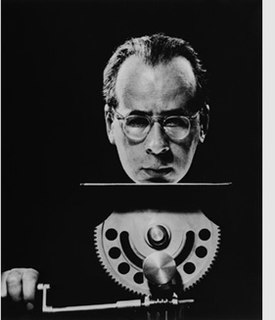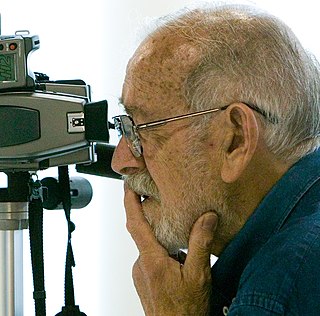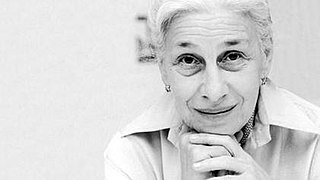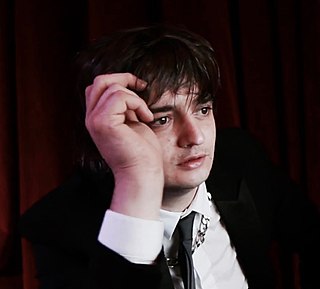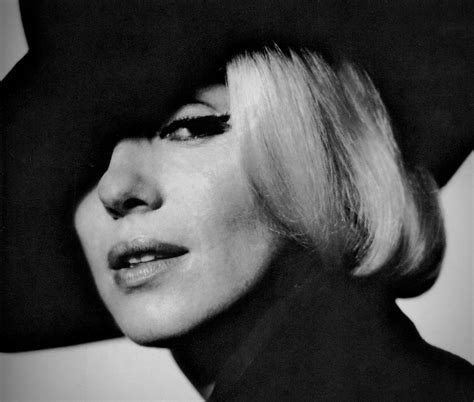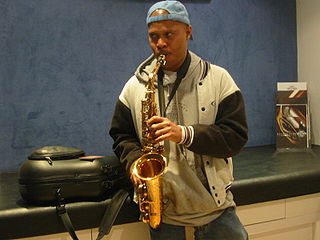A Quote by Philippe Halsman
The head of the photographer is more important than his camera
Related Quotes
I find it strangely beautiful that the camera with its inherent clarity of object and detail can produce images that in spite of themselves offer possibilities to be more than they are a photograph of nothing very important at all, nothing but an intuition, a response, a twitch from the photographer’s experience.
Once a photographer is convinced that the camera can lie and that, strictly speaking, the vast majority of photographs are camera lies, inasmuch as they tell only part of a story or tell it in distorted form, half the battle is won. Once he has conceded that photography is not a naturalistic medium of rendition and that striving for naturalism in a photograph is futile, he can turn his attention to using a camera to make more effective pictures.
The ordinary man is living a very abnormal life, because his values are upside down. Money is more important than meditation; logic is more important than love; mind is more important than heart; power over others is more important than power over one's own being. Mundane things are more important than finding some treasures which death cannot destroy.
The photographer's most important and likewise most difficult task is not learning to manage his camera, or to develop, or to print. It is learning to see photographically — that is, learning to see his subject matter in terms of the capacities of his tools and processes, so that he can instantaneously translate the elements and values in a scene before him into the photograph he wants to make.
